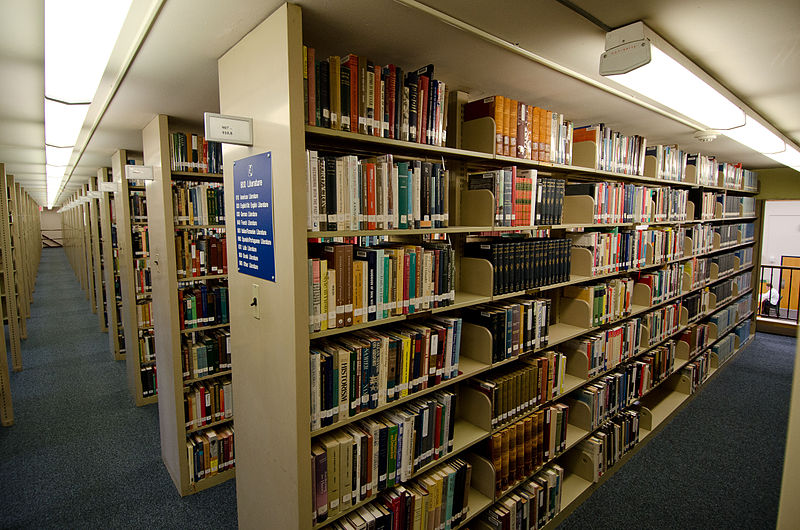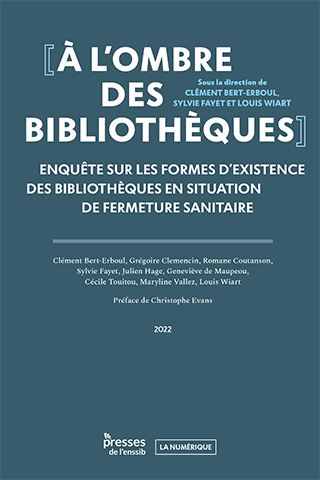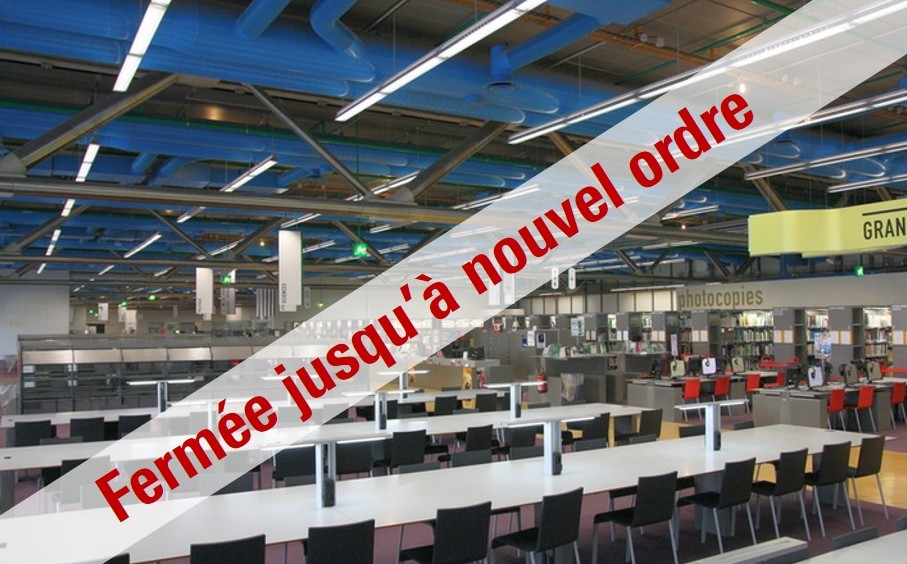
In the shadow of libraries
- Project Holders: Julien Hage, Muriel Amar
- Research projects
- 2020 - 2022
- Contact: Muriel Amar
- Contribution, Editorialization, Libraries, Social media
The project aims to investigate the forms of existence of libraries in situations of sanitary closure. The team of researchers aims to study in particular the practices that have replaced them, such as the Facebook group La Bibliothèque Solidaire du confinement or the use of Silent Zoom sessions.
How does the library manifest itself without the library? As soon as the libraries closed its doors on March 14, 2020, alternatives were formed, under the impetus of a number of users driven by the imperative need to continue reading, working and exchanging. The Facebook group La Bibliothèque Solidaire du confinement, which has been widely publicized, can be read in two ways: it can be seen as a form of homage to the library, or as a pragmatic and temporary alternative that revives older practices of sharing personal libraries. Will the group La Bibliothèque Solidaire du confinement be a milestone in the variegated landscape of library resources? Does it signal the beginning of a more sustainable alternative form of library? Sometimes the institution regenerates itself at the margins.
Key Concepts
digital collaborative practices, teeming and discrete interactions, alternative discrete interactions, alternative forms of library, mutual moral support mutual support, documentary interactions, working images and image work image, video Study with me, scholarly writing and ordinary writing, digital collectionism digital
Studied media
La Bibliothèque Solidaire du confinement, Silent Zoom
Delivrables
Online, free and open source professional book, CC-BY-NC-ND license
Methodology
How do we document the more than 170,000 interactions released by the Facebook group The Containment Solidarity Library since the group opened in March 2020? The working group undertook a retrospective collection of the publications broadcasted and restituted in a database. This allows for targeted queries, lexicometric studies, and analyses based on network theory. The processed material is qualified by in-depth interviews. From what was only intended to be a flow, perpetually replaced, we substitute traces, imprints, signs to be interpreted as so many forms of existence: everywhere where documentary exchanges are reconstituted, the need for a library is expressed.
Expected results
What do librarians think about this spontaneous and self-managed organization of thousands of titles and authors of documents that are researched, discussed, exchanged, transmitted, and circulated through forms of documentary interaction that are unprecedented in the profession? In addition to the unquestionable fact that there is a real shortage of digital documentary equivalents indispensable to daily work, which the apparently unlimited scope of the Internet seems to be able to cover, there is also the stubborn expression of a vital need for support in the study, anchored in strong and solid documentary sociabilities.
Key dates
• Presentation of the project made at the seminar ” Science des données & SHS “, CEDRIC-Cnam (Paris) on September 28, 2021
• Presentation of the project made at the seminar of the communication department of the Université libre de Bruxelles on November 9, 2021
• Presentation of the project made at the Centre de Documentation des Métiers du Livre at the Buffon library (Paris) on November 20, 2021 : online recording
• Presentation of the project during the Carrefours de l’information (Gulbenkian Paris) on March 3
• March 2022 : Publication of a video presentation of the book: Watch
• April 2022 : Interview on Radio Campus – Histoire de Savoir : What alternatives to closing libraries during lockdown?: Listen
Other members involved
Louis Wiart et Clément Bert-Erboul (ULB), Sylvie Fayet (BU La Rochelle), Grégoire Clémencin (Autonoia), Cécile Touitou (Bib. SciencesPo), Geneviève de Maupeou (Bpi) Maryline Vallez (Bpi), Romane Coutanson (MESRI)



